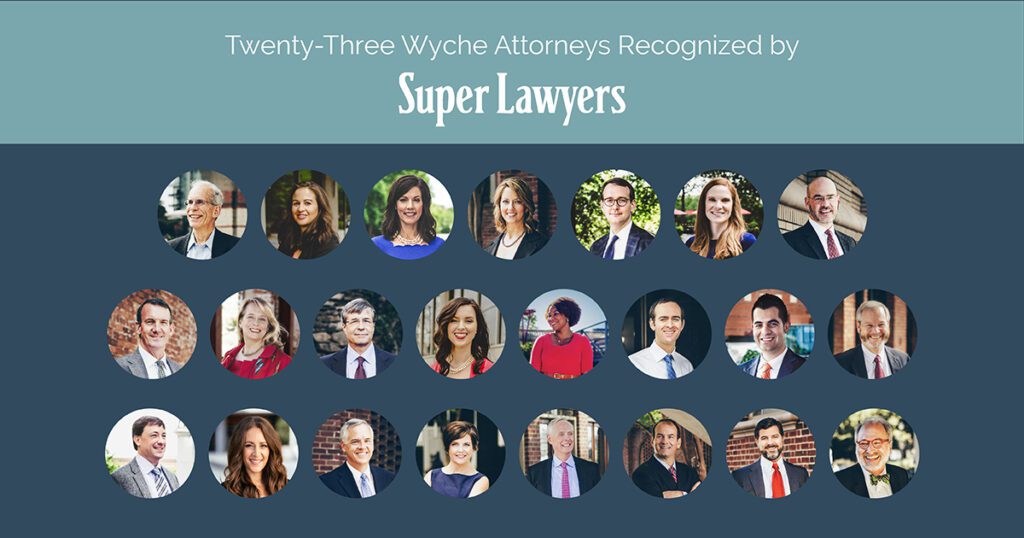South Carolina Lawyers Weekly
The June 22, 2009 edition of South Carolina Lawyers Weekly includes an article entitled “Defending Design: Firm builds practice focused on architecture copyrights,” written by senior staff writer, Fred Horlbeck.
Horlbeck starts the article saying “A South Carolina law firm is reaching out to clients nationwide in a practice area that it has, appropriately enough, built from the ground up since 2001.” He talks of how Wyche turned one member’s early interest in architecture copyright law into a specialty that has six lawyers advising architects and builders around the country. To date, Wyche has represented clients in more than 100 architecture copyright-infringement cases, reaping awards that have gone as high as eight figures.
Troy Tessier, a Wyche litigation attorney who handles copyright cases says “It took us a couple of years to get the practice ramped up a bit, but once we got it going, it kind of took off.”
It started with Wyche member Wallace Lightsey‘s exploration of copyright law in the 1990s. It didn’t hurt that a few years before Lightsey got involved, Congress had enacted the nation’s first federal copyright protection of architectural designs. Lightsey says “One thing we’ve become very convinced of is that copyright infringement is really rampant int this country. A lot of it is that internet technology makes it so easy. With file-sharing of music, there’s an acceptance of it that I think desentitizes people to the fact that it’s illegal.”
Tessier says that computer design programs also play a role. “It becomes very, very easy for anyone with basic drafting experience or training to take an existing plan and then manipulate it any which way they like. So it’s enticing for them, I think, and it’s also very easy. When they couple that with the though that they won’t get caught, it becomes hard to resist.”
Horlbeck writes that “copycats do get caught.” An example is Wyche’s most recent success where the firm settled a federal lawsuit for $540,000 on June 10, 2009 for its client HRH Architects, Inc. of Marietta, GA, who asserted that multiple defendants had pirated its copyrighted design for an office building and had built 17 all-too-similar structures.
In addition to litigation, Wyche counsels clients on how to protect intellectual property.
Tessier says “We provide pretty general advice to a number of clients who are primarily home-plan designers and architects relating to their intellectual property, which for them primarily revolves around their architectural works.”






